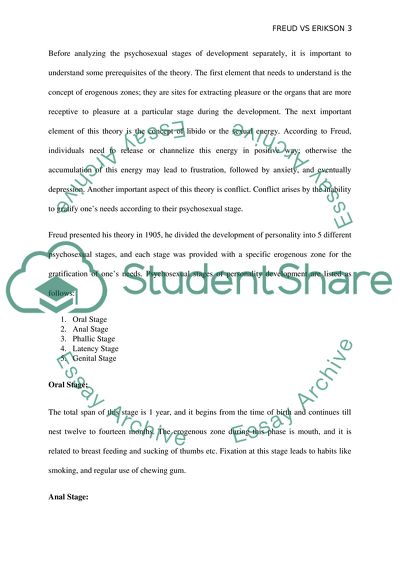Cite this document
(“Freud vs. Erickson Essay Example | Topics and Well Written Essays - 1000 words”, n.d.)
Retrieved from https://studentshare.org/psychology/1664742-freud-vs-erickson
Retrieved from https://studentshare.org/psychology/1664742-freud-vs-erickson
(Freud Vs. Erickson Essay Example | Topics and Well Written Essays - 1000 Words)
https://studentshare.org/psychology/1664742-freud-vs-erickson.
https://studentshare.org/psychology/1664742-freud-vs-erickson.
“Freud Vs. Erickson Essay Example | Topics and Well Written Essays - 1000 Words”, n.d. https://studentshare.org/psychology/1664742-freud-vs-erickson.


